“I’m afraid of the storm that is coming.”– Zainab Buba Galadima, Channels TV
When Zainab Buba Galadima made that remark in her interview with Seun Okinbaloye, it resonated far beyond the studio. It was more than a warning; it was a raw reflection of a nation on edge. She wasn’t just predicting unrest—she gave voice to what millions are feeling but cannot say openly: that hunger, anger, and abandonment are building into something potentially explosive.
The storm she referenced isn’t a poetic metaphor—it is real and gathering force. It speaks to decades of political neglect, economic despair, and a frayed social contract, particularly in the North where cracks have deepened dangerously.
Her words should not be taken lightly. The North has long held political weight in Nigeria, but it is also a region stretched thin by poverty and insecurity. Today, the discontent is no longer whispered in corners—it is shouted in the markets, where the cost of farming inputs has skyrocketed while the value of food produced continues to fall. It echoes in homes where families ration one meal a day, and it is etched into the silence of jobless youths who feel unseen by the system.
Zainab’s suggestion that President Tinubu might struggle to secure even 30 percent of the Northern vote in 2027 is not just speculation—it is a reflection of a region that feels forgotten. And when the North feels alienated, the rest of the country cannot afford to be complacent. The unrest we are already witnessing—whether in the form of banditry, insurgency, or quiet resentment—has the potential to spiral far beyond regional borders. When the North erupts, it rarely does so in isolation. Galadima’s warning is therefore not only urgent but prophetic: neglect the North at the country’s peril—because when it breaks, Nigeria breaks with it.
Much of our national debate tends to focus on individual leaders. Buhari failed, and now Tinubu is stumbling. But our real problem is bigger than any one man. It is systemic, rooted in weak institutions, a corrupt political base, and a refusal to think beyond the next election cycle. We continue to recycle the same political elites, pushing through ill-prepared reforms with no concern for how they affect the ordinary citizen. Policies are made without a human face. Reforms are pushed through without cushioning the blow. In the end, people don’t experience progress—they experience punishment.
What Nigeria needs now is not another figurehead but a new style of leadership—one that values empathy, equity, and long-term vision. We cannot continue to operate with a mindset frozen in outdated ideology. We must shift our political culture to one that is built around the people, not around power.
When Muhammadu Buhari assumed office in 2015, many Nigerians believed they were witnessing the dawn of a new era. His reputation for discipline and anti-corruption gave him the aura of a leader who would restore order. But the years that followed dashed those hopes.
The nation became more unsafe. Boko Haram remained a constant threat, while armed bandits effectively carved out their own territories. Entire communities were displaced, and the government often responded with silence or denial. One of the darkest moments came with the killing of hundreds of members of the Islamic Movement of Nigeria, exposing a horrifying disregard for human rights.
Economically, Buhari’s policies were equally damaging. Restrictive foreign exchange controls and border closures stifled small businesses. Inflation surged. The economy slipped into recession—twice. The naira tumbled, and the government remained stubbornly dependent on oil revenue, offering no clear path to economic diversification.
For the youth, the story was even more painful. The EndSARS protests were not just about police brutality—they were a cry for dignity and inclusion. But instead of engagement, the government met peaceful protesters with force. The campaign against corruption, which had once inspired hope, soon appeared selective—protecting loyalists while punishing opponents.
By the time Buhari left office, what remained was a hollow presidency, weighed down by bureaucracy and defined by missed opportunities.
Tinubu, to his credit, inherited a broken economy. But governance is not judged by what you inherit—it is measured by what you build. His early reforms, especially the removal of fuel subsidies and unification of exchange rates, may have been necessary in theory, but in practice, they were executed with little consideration for the people most affected.
There was no clear communication, no gradual transition, and no real safety net. The naira plummeted. Transport costs soared. Everyday items became unaffordable. For many Nigerians, these so-called reforms feel like punishment—a burden they were never consulted on, and one they are expected to bear alone.
This is where Tinubu seems to have misjudged the moment. A leader cannot fix spreadsheets while breaking people. Economic reform cannot be detached from social responsibility. Praises from the IMF mean nothing to a hungry family in Kano or a trader in Maiduguri struggling to survive.
Zainab Galadima’s words are not political theatre—they are a reality check. If things continue in this direction, the storm won’t just come from the North; it will consume the entire nation. Nigeria’s unity has always been fragile, often held together by coercion rather than consensus. Ignoring this fragility is a dangerous game.
What the country needs now is not another round of technocratic policy fixes, but a genuine connection between those in power and those they claim to serve. We need leaders who listen—not only to applause in Abuja but to anger in Zamfara. Leaders who see the child out of school in Borno, the woman struggling to feed her family in Sokoto, and the young graduate with no future in Kaduna.
The children in these regions aren’t asking for utopia. They are asking for food, safety, opportunity, and dignity. And if those in power continue to treat their cries as background noise, then the storm will come—quietly at first, then all at once.
The truth is, the storm isn’t on its way. It’s already here. It is visible in the strikes, in the silent queues for food, in the frustration on social media, and in the weary eyes of Nigerians who have stopped expecting change.
This moment is no longer about Buhari or Tinubu. It is about whether Nigeria can break free from a failing system and build something new—something just, accountable, and people-centred. Whether we can elect leaders who serve the people, not just foreign donors or entrenched interests.
If we don’t act—if we fail to chart a different course, one based on empathy, urgency, and integrity—then the next cycle of leadership may not come with a second chance. And this time, the storm will not just rattle windows. It will uproot the very foundation of the country.


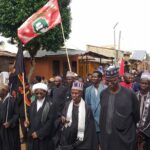

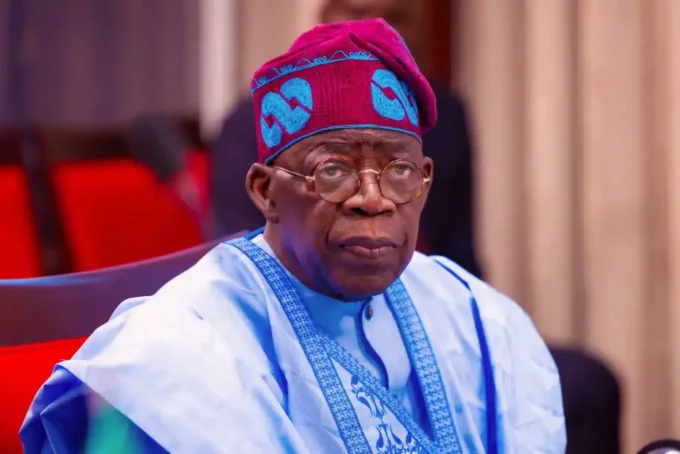
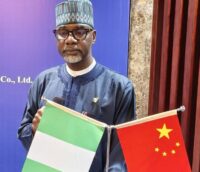

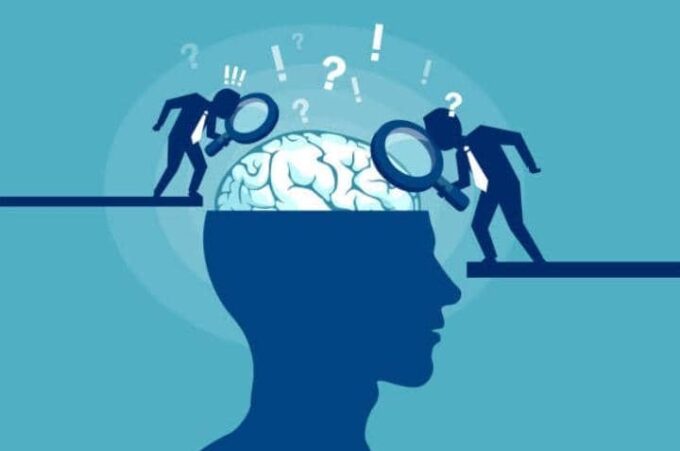
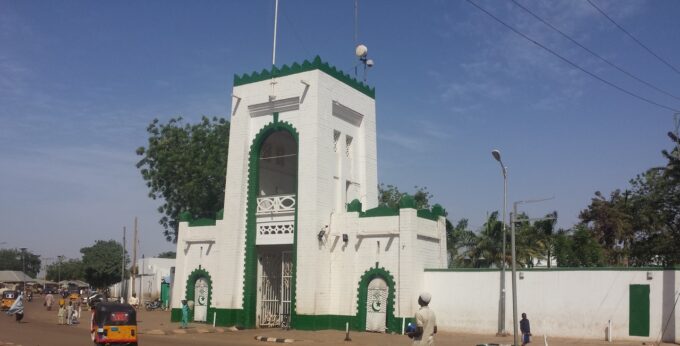
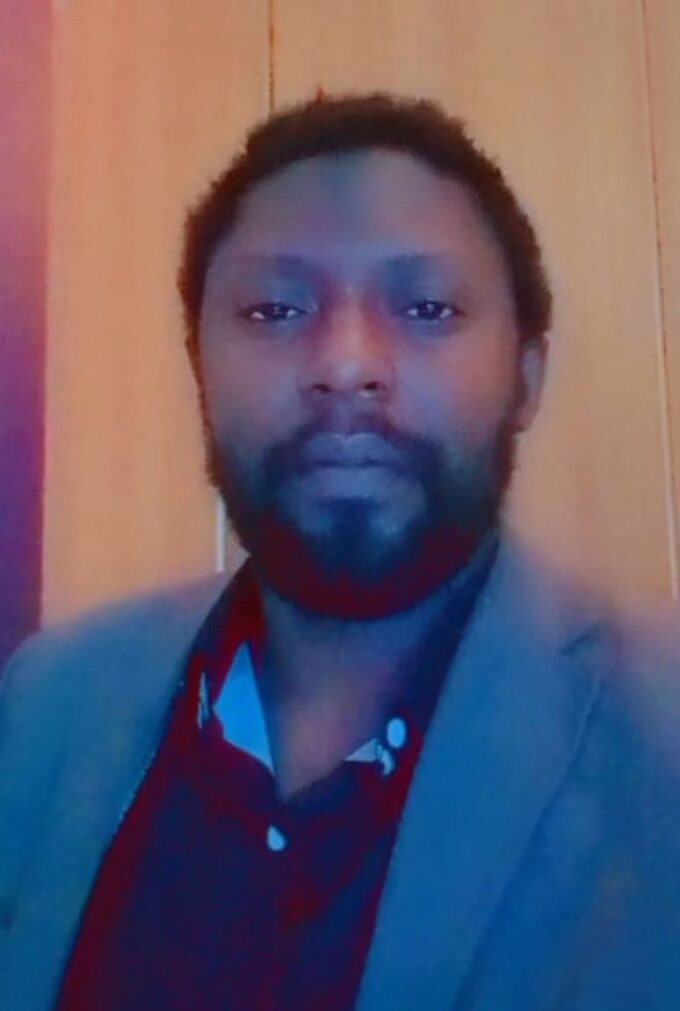
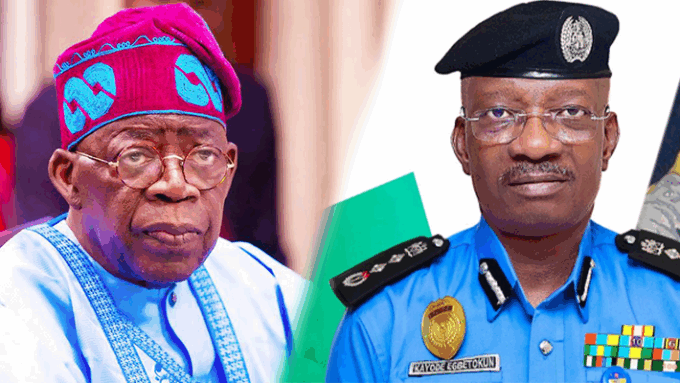


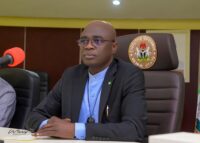
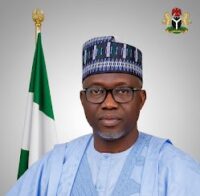
Leave a comment